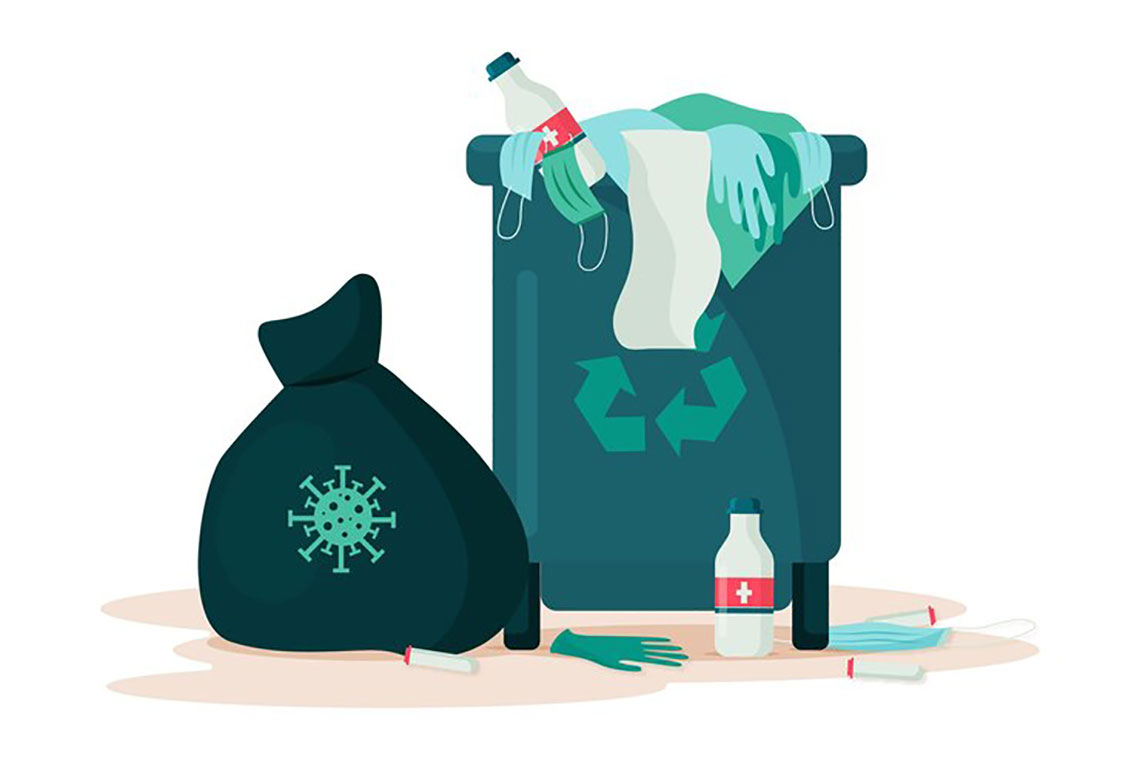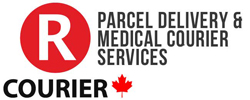
In healthcare, safety takes precedence above all else. Whether we’re tending to patients’ well-being or managing medical waste, meticulous care must be exercised at every step. One often underestimated aspect of healthcare safety is the proper disposal of medical waste.
To guarantee the secure and responsible handling of these materials, healthcare facilities must partner with trusted medical couriers who specialize in transporting dangerous goods, including those that require TDG licensing.
Understanding the Importance of Medical Waste Disposal
Medical waste encompasses items that could pose health risks to people and harm the environment if not handled correctly. It includes used needles, syringes, contaminated gloves, and other medical supplies that may carry germs or hazardous chemicals.
Failing to manage medical waste properly can lead to potential disease outbreaks, environmental contamination, and legal consequences. Therefore, healthcare facilities must prioritize safe disposal practices, which also include compliance with TDG regulations for transporting dangerous goods.
The Role of Reliable Medical Couriers
Professional courier services play a pivotal role in the safe disposal of medical waste. These specialized couriers possess the knowledge, training, and equipment necessary for the secure handling of dangerous goods. Here’s why working with reliable medical couriers is imperative:
- Compliance with Regulations
Medical waste disposal is subject to strict government rules, both at the national and state levels. Trustworthy medical couriers are well-versed in these regulations and ensure that your waste adheres to the law during transportation. This compliance not only safeguards your facility from legal issues but also protects the environment and public safety.
- Specialized Training
Transporting dangerous goods, which may include materials classified under TDG regulations, necessitates specialized training to minimize risks. Professional courier services invest in rigorous training for their staff to handle medical waste safely. This encompasses proper packaging, labeling, and transport procedures to prevent spills, leaks, or contamination during transit.
- Customized Solutions
Various types of medical waste demand distinct handling protocols. Reliable medical couriers understand the intricacies of transporting different materials, such as infectious waste, hazardous chemicals, and pharmaceutical waste.
- Advanced Equipment
Couriers specializing in dangerous goods transport employ the latest tools and equipment to ensure the safe transportation of medical waste. They use secure containers, temperature-controlled units, and leak-proof packaging, minimizing the risk of accidents and protecting the environment.
Best Practices for Medical Waste Disposal
When working with a professional courier service, including those with TDG licenses for dangerous goods, you can implement the following best practices for medical waste disposal:
- Segregation
Properly segregate various types of medical waste to prevent cross-contamination, a key aspect of TDG compliance.
- Packaging
Utilize approved containers and packaging materials that meet regulatory requirements for medical waste.
- Labeling
Clearly label all containers with information about the contents, hazard level, and handling instructions.
- Regular Training
Continuously train your staff on safe disposal practices and emergency response procedures.
- Documentation
Maintain precise records of waste generation, transportation, and disposal, demonstrating compliance with all relevant regulations.
- Emergency Response Plan
Develop and communicate an emergency response plan to address spills, leaks, or accidents during transportation.
Parting Words
In healthcare, safety is paramount, and the proper disposal of medical waste is a critical aspect of this commitment. Working with reliable medical couriers who specialize in transporting dangerous goods, including TDG-regulated materials, ensures that your healthcare facility adheres to the best practices for medical waste disposal.
By prioritizing safety, regulatory compliance, and environmental protection, you not only safeguard your staff and patients but also uphold the integrity of your healthcare facility. Remember, when it comes to medical waste disposal, safety and compliance, should always be your foremost concerns.






